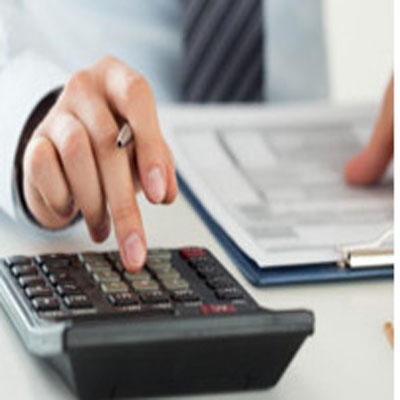For many homeowners, news of a property tax hike can be a source of stress and financial uncertainty. Understanding how and why property tax increases occur can help property owners prepare for the financial impact of tax hikes while remaining alert for tax overcharges.
Assessing Property Values
To determine the amount of local or state property taxes owed, tax assessors generally start with the assessed value of the property. Based on a market value estimate of the property, the assessed value is influenced by the sale price of similar properties in current real estate market conditions.
In determining the assessed value, tax assessors also consider the replacement costs, maintenance costs, income generated by the property, and construction prices.
Property value encompasses both the cost of the land and the buildings on it. Additional factors including access to public services such as sewer, water, and gas; development potential; and improvements made on the property can all lead to a higher tax assessment.
Property values are usually assessed on a five-year cycle with taxes due annually. Owners will receive a notice of the assessed value of their property and yearly tax bills indicating the amount of property tax owed.
Increasing Tax Rates
Several conditions can result in an increase in property taxes. While some of the factors are controllable, such as increased assessed values due to home improvements, others are not.
Some of the causes of property tax rate increases include:
- Rises in assessed property values due to home improvements such as swimming pools, garages, freestanding sheds, fencing, additions, or home office spaces
- Changes in the general property value of the neighborhood based on economic reasons, such as increased employment opportunities or new construction in the area
- Increased need for government funding to public services, including road maintenance, police, public safety, and emergency response
- Increased need for government funding to cover the expanding costs of the school district
Any of these circumstances can lead to an expected or unexpected hike in property taxes for homeowners.
County Reassessments
Some Pennsylvania counties, including Delaware County, have recently begun reappraisal programs to determine new assessed property values. This likely will have a significant impact on property tax bills.
While the goal is for a tax rate based on full market value of a property, many homeowners are taxed at double that percentage. These overcharges have residents banding together to protest the inequitable distribution of these taxes, and the appraisal methods used by counties in determining assessed property values.
Appealing Overcharges in Property Taxes
Property owners who have been overcharged on property taxes can appeal to the tax board governing the setting of appropriate tax rates. Often this requires appearing at budget hearings or town council meetings.
Delaware County Property Tax Appeal Lawyers at Eckell Sparks Assist Homeowners with Tax Appeal Issues
If you believe you are being improperly overcharged on property taxes, the experienced Delaware County property tax appeal lawyers at Eckell, Sparks, Levy, Auerbach, Monte, Sloane, Matthews & Auslander, P.C. are here to help. With offices conveniently located in Media and West Chester, Pennsylvania, we proudly represent property owners in tax appeal issues throughout Delaware County, Chester County, and Montgomery County. To schedule a free initial consultation, call us at 610-565-3701 or submit an online inquiry form today.

